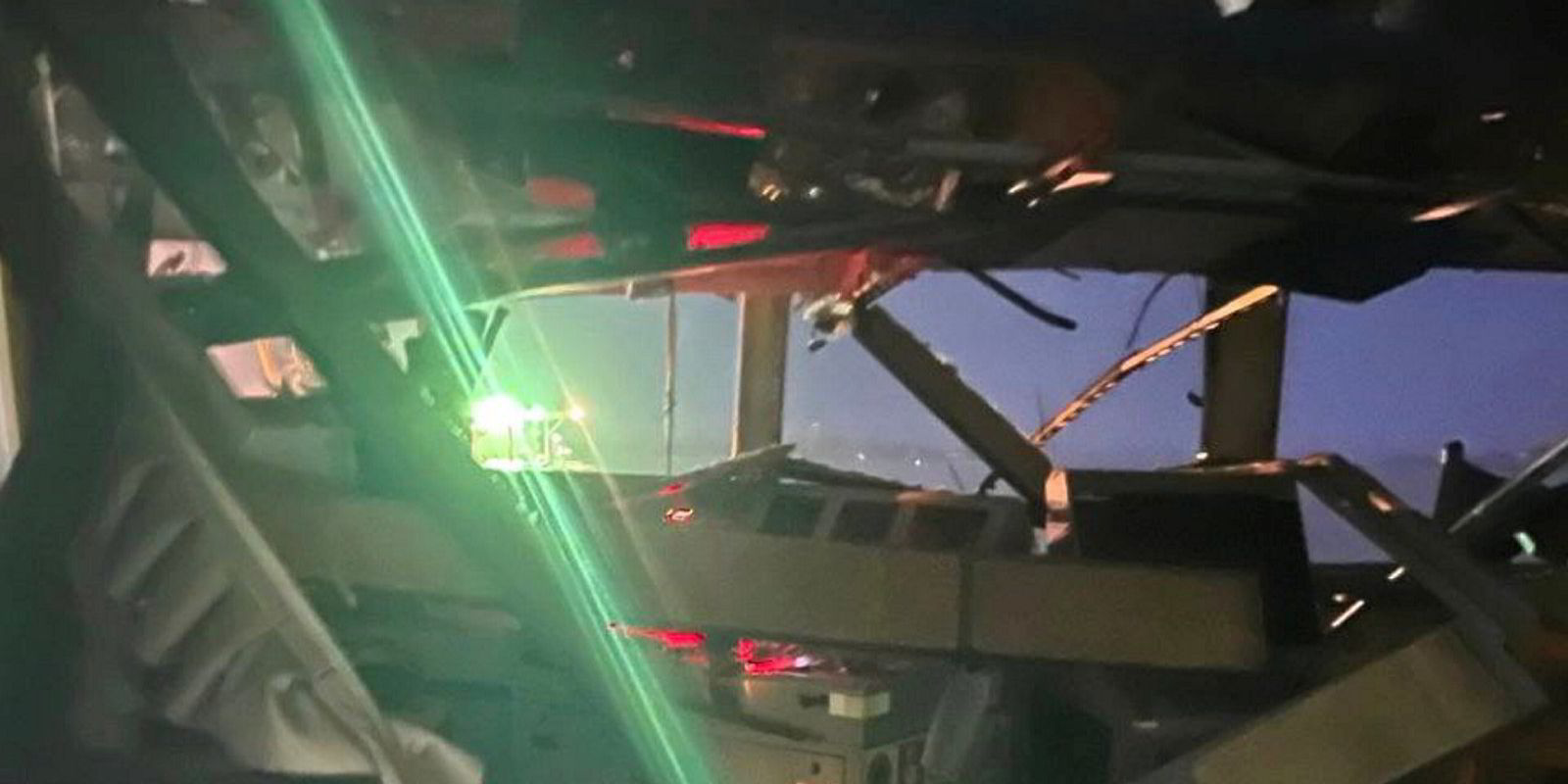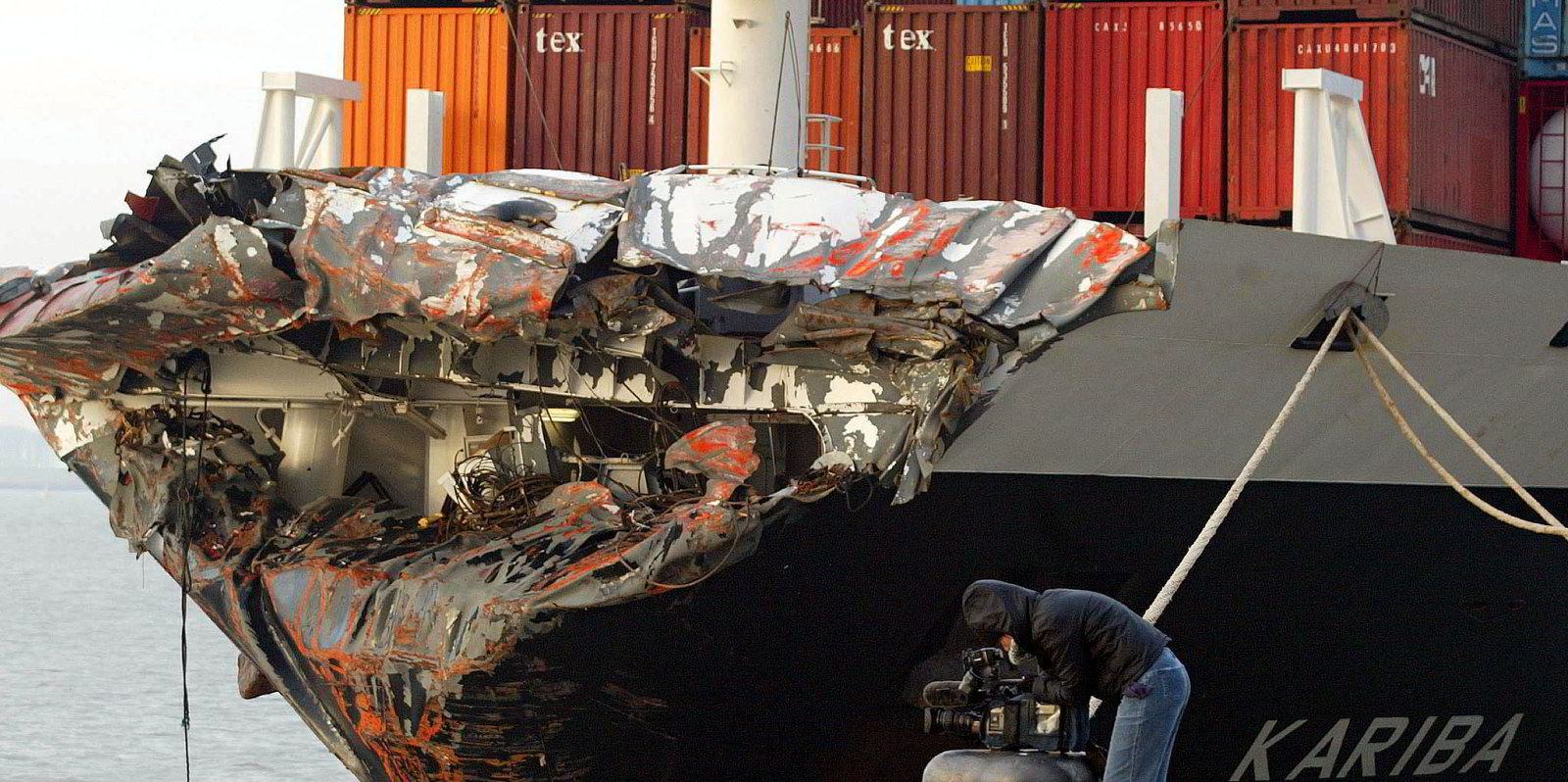Tanker owners carrying crude and products for Russia are to come under the cosh amid a planned new crackdown by the US and Europe over alleged sanctions busting.
Letters have gone out from Washington to more than 30 ship operators of different nationalities — but mainly Greek — demanding proof that they have not been carrying Siberian crude priced above $60 per barrel.
European political leaders have been meeting behind the scenes to discuss how they can make the oil price cap sanctions on the so-called dark fleet and other vessels more effective in future.
Fuel oil trades are also being targeted by the US Department of the Treasury’s Office of Foreign Assets Control, known as Ofac, sending shivers through a chartering community that is fearful its ships might be held up in future.
The clampdown comes amid reports that the US-led price cap aimed at weakening Kremlin revenues and, therefore, war efforts in Ukraine are being almost completely circumvented.
A senior European government official told the Financial Times that “almost none” of the shipments of Russian seaborne crude last month was executed below the $60 limit imposed by the US and G7 countries.
These comments support official — though often disputed — statistics from Moscow, which claim that the average price obtained by Russian crude sellers was above $80 in October.
In a bid to turn this around, G7 countries have been looking at trying to tighten their restrictions. The UK has just imposed sanctions on Dubai-based oil trader Paramount Energy & Commodities for allegedly deploying “deceptive shipping practices”.
Ofac wants to know from tanker owners what kind of due diligence was done on a fleet of nearly 100 vessels believed to have carried Russian crude above the agreed price cap.
It has already urged charterers to only use vessels registered with members of the blue-chip International Association of Classification Societies.
It wants tanker users to double-check that freight and customer costs are not being bundled together to cheat on the price cap.
Toughening up
The letters sent out from Ofac — about which the Treasury has not commented — appear to herald a harder line by Washington that spells jeopardy for tanker owners carrying Russian exports.
Most industry experts say the US had been somewhat lax about the issue, although two vessels and their owners were put on an Ofac blacklist last month and certainly more can be expected to follow.
Washington and the West have been distracted.
The terrorist attack on Israel followed by the 10,000 civilian deaths in the retaliatory and ongoing bombardment of Gaza has swung attention from the Black Sea to the Middle East Gulf.
Angeliki Frangou, chief executive of Navios Maritime Partners, said this week that soaring US government debt, unprecedented monetary policy, economic woes in China coupled with war in Ukraine and Gaza made this “one of the most dangerous times in history”.
She said the big threat posed by Palestine was that conflict extended outwards into the wider Middle East, putting at risk the 40% of world oil passing through the Strait of Hormuz.
Takeshi Hashimoto, Frangou’s counterpart at Japan’s Mitsui OSK Lines, said he was more concerned about geopolitical risk than he was about uncertainty over the economies of the US and China next year. And yet more oil is needed than ever. On Tuesday, the International Energy Agency upgraded its oil demand growth expectations for 2023 by 2.4m barrels per day to reach a record 102m bpd.
Leaky sieve
The US is now said to be pumping 19.8m bpd — much higher than its largest rivals Saudi Arabia and Russia, which are both holding back export volumes to keep the price up.
The increased long-haul routes needed to move oil from the US have been boosting tanker freight rates, but the IEA is still expecting a slight reduction in oil demand in 2024 to less than 1m extra bpd.
The agency said Russia was having to pay more for its shipping — up to 35% more in freight costs from the Baltic to India during October — but higher export volumes are making up for any lost Kremlin revenues.
Sanctions may often seem as effective as a leaky sieve, but tanker owners and charterers moving Russian crude and products are clearly now under greater threat of blacklist and seizure.





